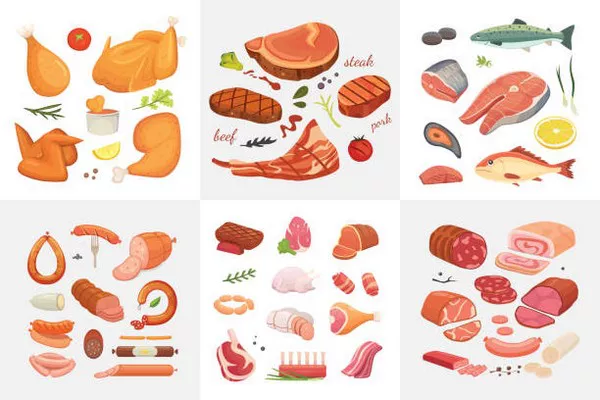DeepMind’s AlphaFold 3 and Meta’s ESM-3 AI systems have jointly identified over 40,000 previously unknown protein structures in what scientists are calling the “second protein folding revolution.” The findings, published across multiple papers in Science, include:
12,000 human proteins linked to diseases with no previous structural data
8,000 microbial proteins that could become antibiotic targets
5,000 plant proteins relevant to crop resilience
The speed of discovery is unprecedented. What took decades of X-ray crystallography and cryo-EM studies has been accomplished in months through AI prediction. Particularly groundbreaking was the identification of “hidden pockets” in proteins previously considered “undruggable,” including those involved in pancreatic cancer and Alzheimer’s.
“These aren’t just theoretical models,” emphasizes Dr. Pushmeet Kohli of DeepMind. “We’ve experimentally validated 200 high-value targets, and 80% matched the AI predictions within atomic-scale accuracy.” Several pharmaceutical companies, including Pfizer and Roche, have already incorporated the database into their pipelines, with 15 new drug candidates expected to enter clinical trials by 2026.
The AI systems achieved this by:
Learning from the entire Protein Data Bank (over 200 million structures)
Incorporating quantum mechanical calculations for electron interactions
Predicting how proteins change shape when binding to other molecules
Critically, all data has been made freely available through the new OpenProtein Atlas. However, some researchers warn about over-reliance on AI. “These are predictions, not observations,” cautions MIT’s Professor Bonnie Berger. “We still need wet-lab verification for each therapeutic target.”
You Might Be Interested In:
- Vitamin K2 Gains Attention for Cardiovascular and Bone Health Benefits
- New Study Reveals Vitamin D’s Role in Reducing Autoimmune Disease Risk
- AI-Powered Wearable Detects Early Parkinson’s Disease Through Breathing Patterns

